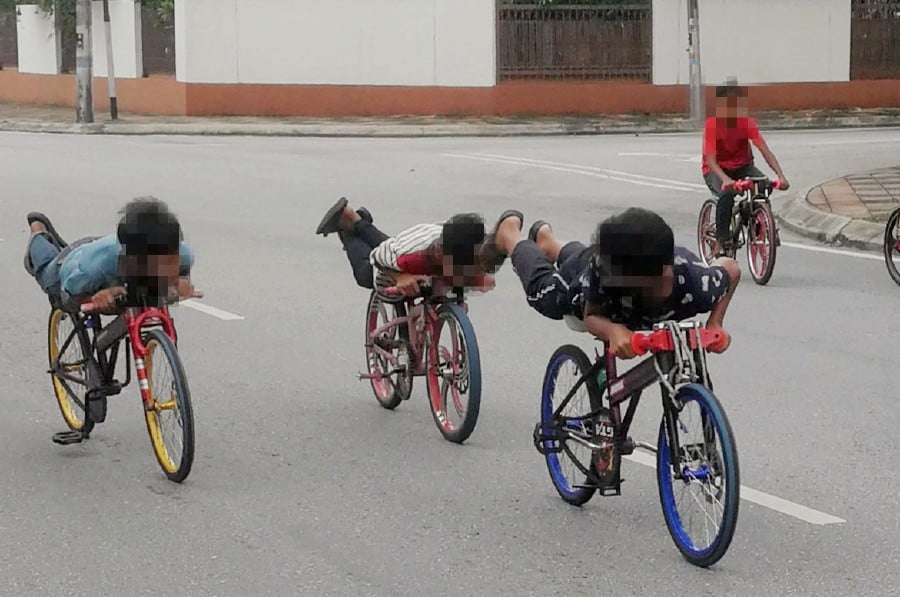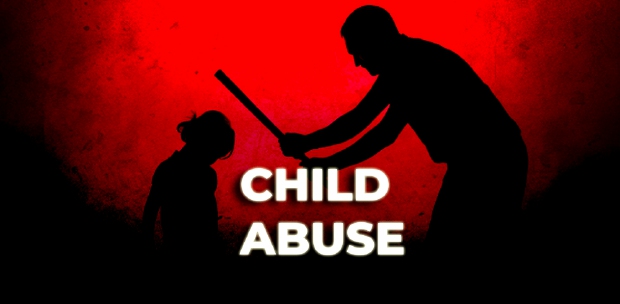IN an often politically-racially-divided country, it is a rare case indeed when a Chinese driver who has been found guilty of causing the death of eight Malay teenagers, the Malaysian public, rather than splitting down the usual racial lines, instead chooses to lay the blame on the parents of the children. That is what is happening in the case of Sam Ke Ting, who was 22 when she drove into a group of teenagers who were riding their basikal lajak (modified bicycles with no brakes) on a dark highway at 3.20am in February 2017. The accident resulted in the death of eight children aged between 13 and 16. While Sam will appeal against her conviction, the public is calling for the parents of the children to be charged with negligence.
Whether there is a legal case against the parents is up to the law enforcers. The public, however, is judging them on their moral culpability, because all parents are at least morally obliged to look after and protect their children, to the best of their ability. It is whether the parents had done their best that has the public so riled up. Had the accident occurred when the children were walking to school in the light of day, it would have been a different matter. Had it been a case of the children sneaking out without the parents' knowledge, it might still have been some excuse in their favour. But, by all accounts, at least some of the parents knew of their children's dangerous hobby; yet relented to their children's desires. In fact, according to the evidence provided in court, the basikal lajak activity of these children was known to local people in the area. And it wasn't a case of just a handful of friends out on a joyride — the group that night was reportedly 30-strong. Why were so many minors out in the middle of the highway in the darkest hours of the night? And why didn't their parents stop them? Riding basikal lajak would be dangerous even if it was on a proper race track with all the precautions that an official sport would require; but, without brakes or personal safety equipment, those children wouldn't have had a chance even against a big rock in the middle of the road.
That the driver has been found guilty doesn't make the basikal lajak activity any less wrong. This tragic accident is a lesson on how all parents should care for their children, and the need for good adult role models to enforce order and discipline in children's lives. It is also a lesson on collective responsibility and society's culpability. If the locals in the area knew about the basikal lajak group, why had no one lodged a police report against them? And why did it take this tragic accident to happen before law enforcement started looking into the matter? We, as a society, don't accept adult Mat Rempit so, why would we accept it when it is children? If, five years on, the basikal lajak group no longer exists, if their parents have junked those bicycles, and if stories of that dreadful night are used as an example to stay away from such activities, then perhaps the eight children's deaths will not have been in vain. If.





